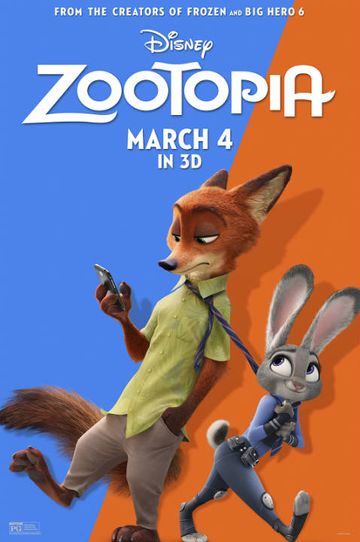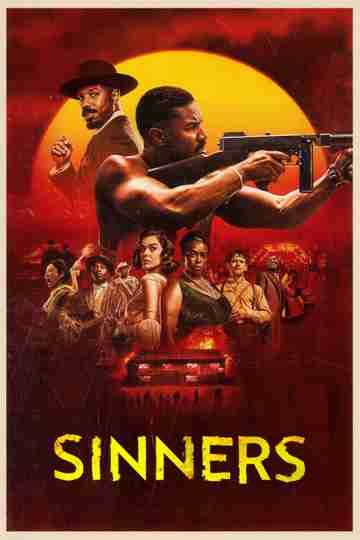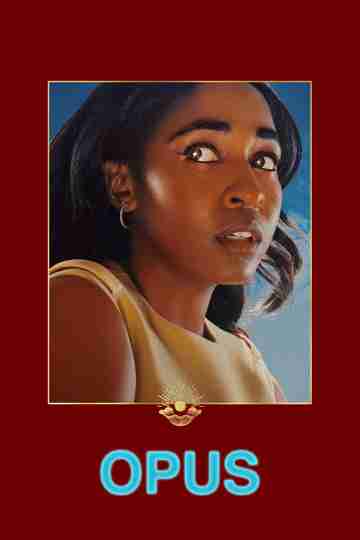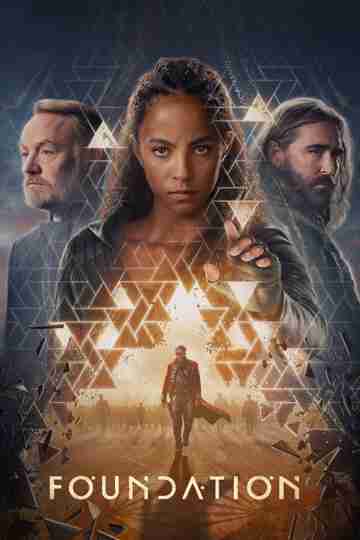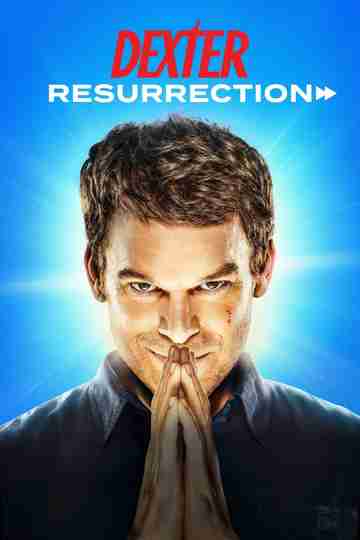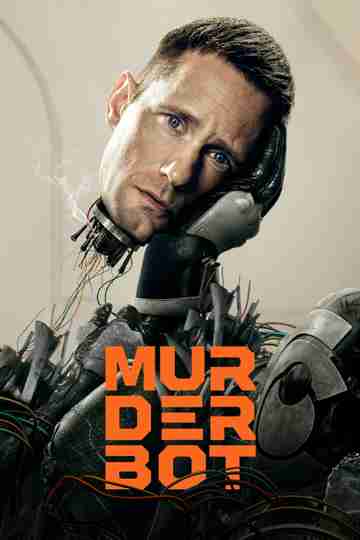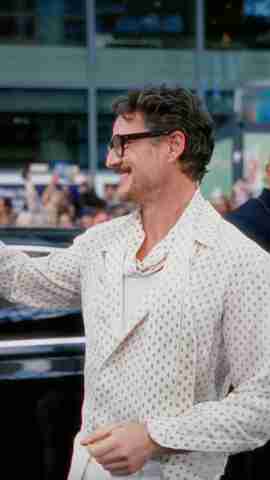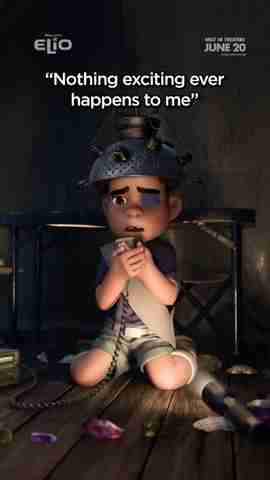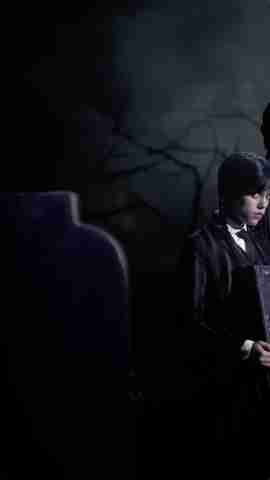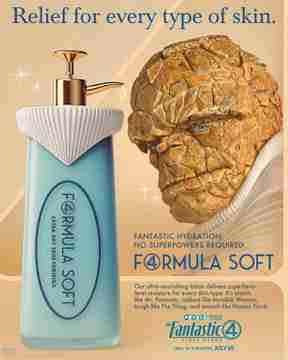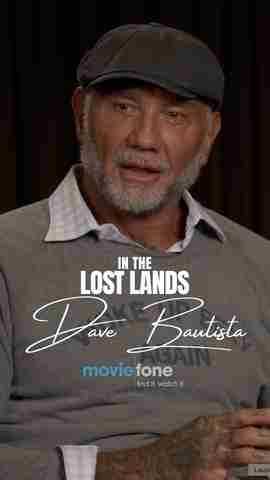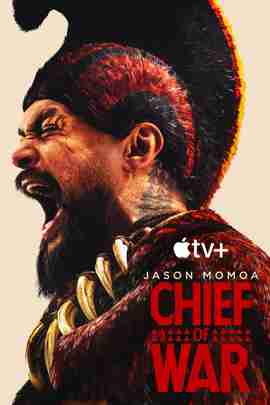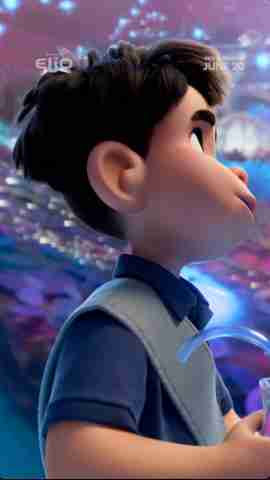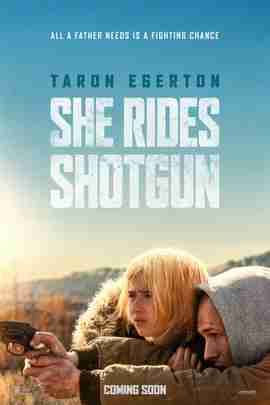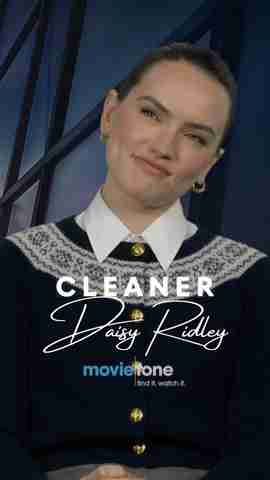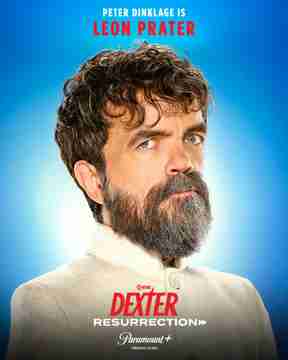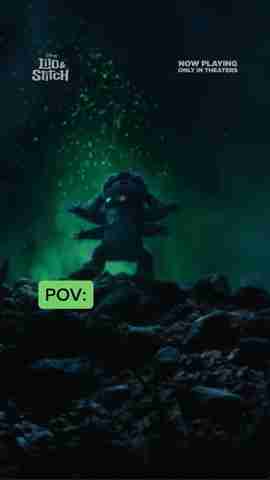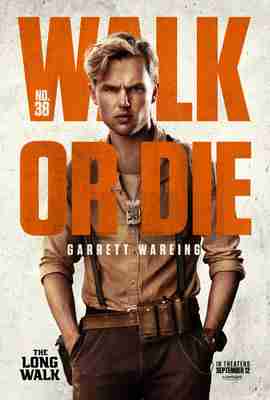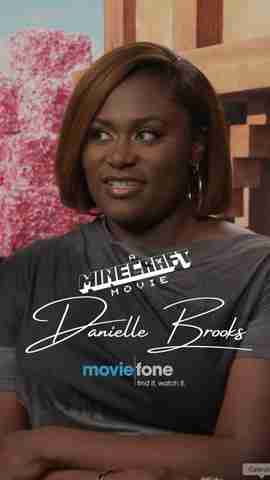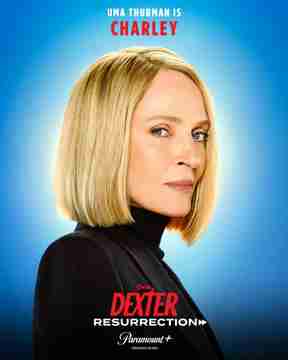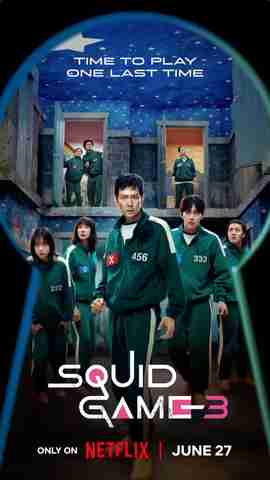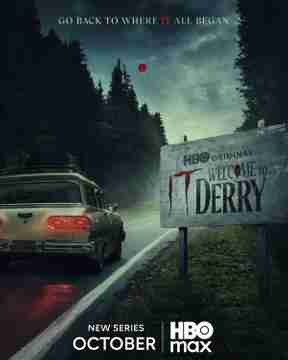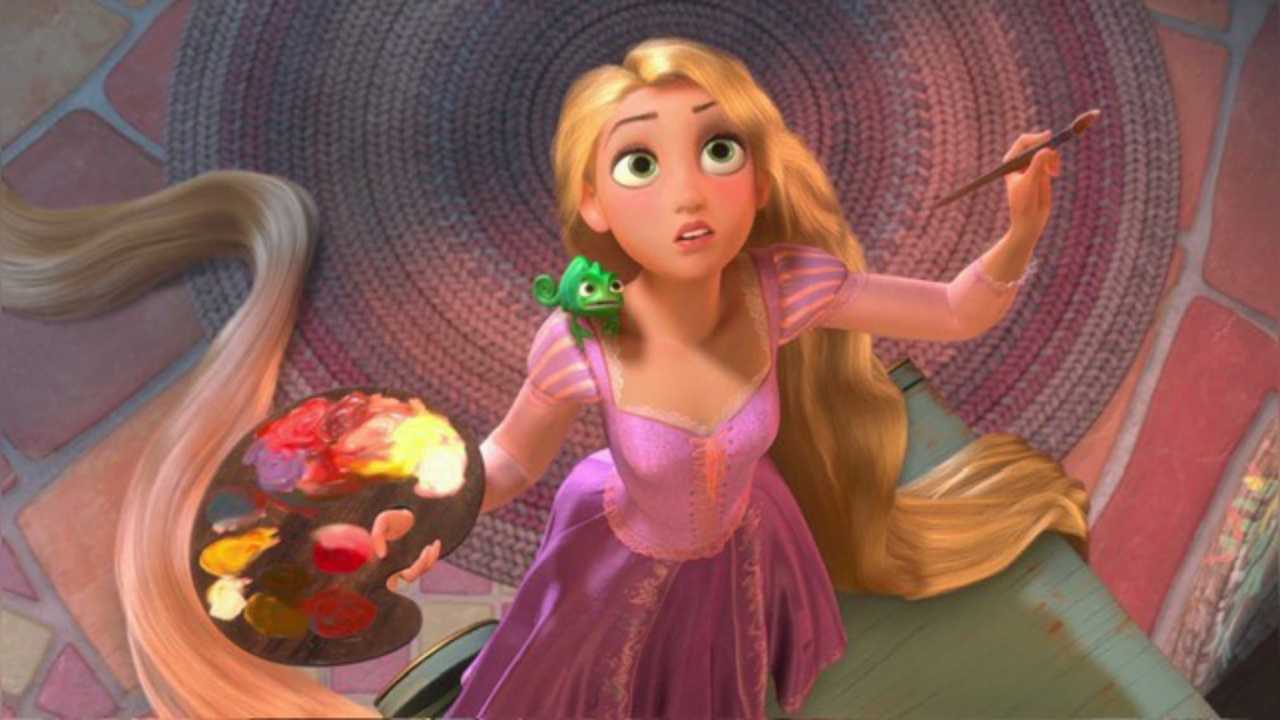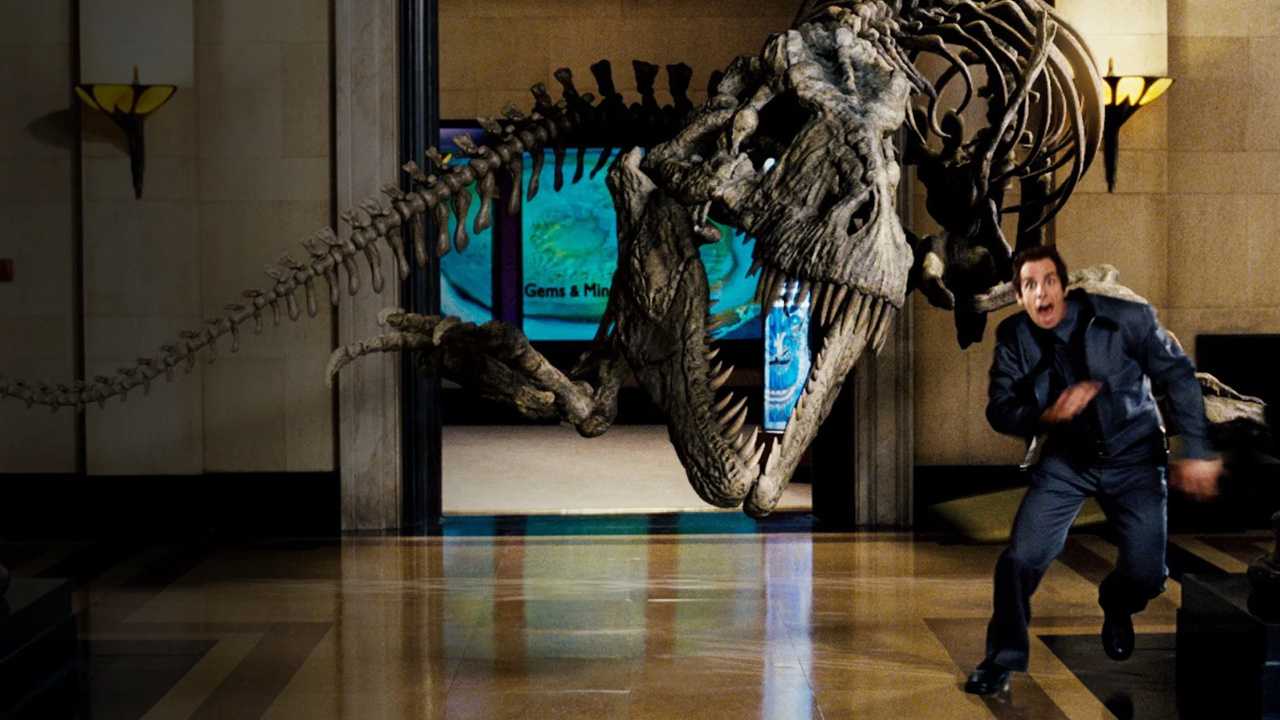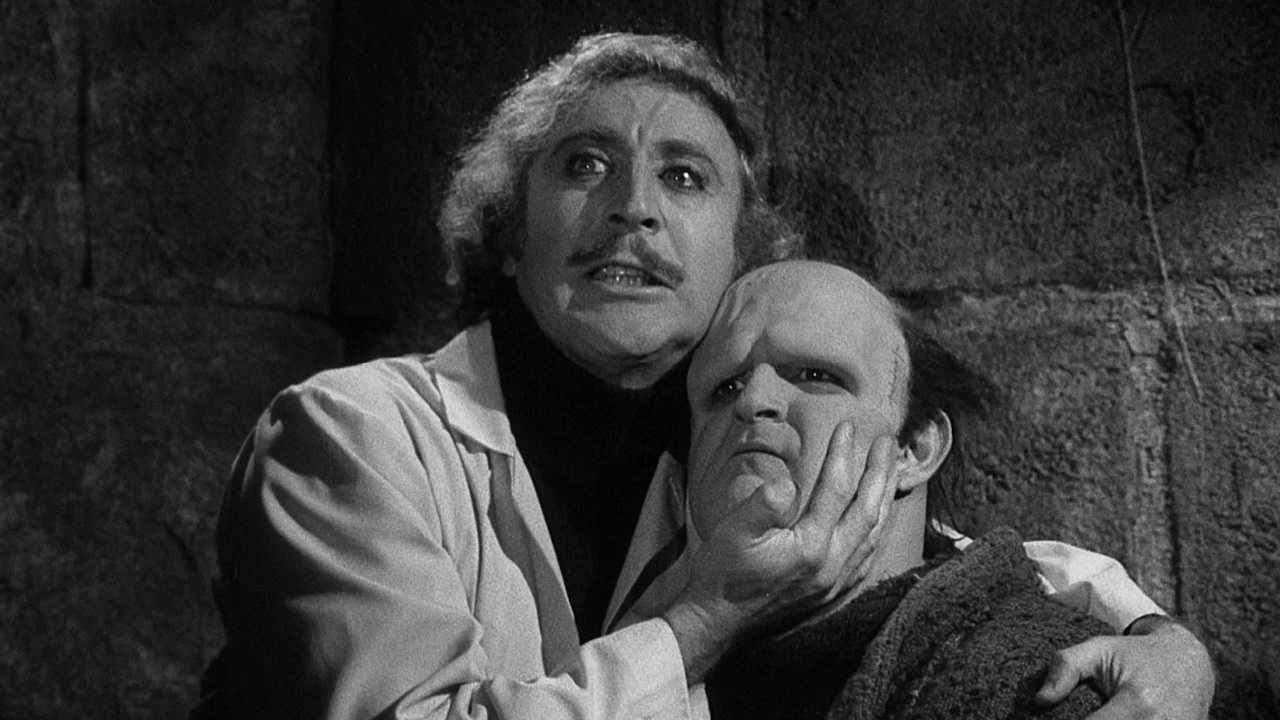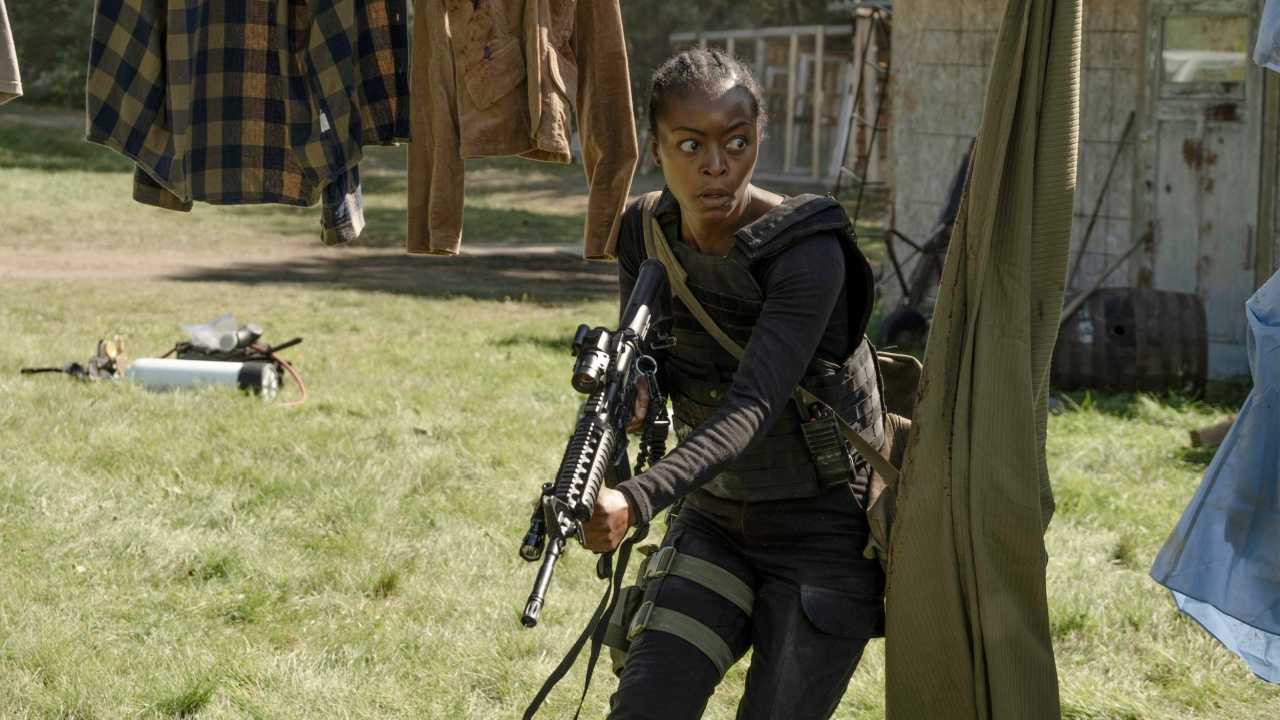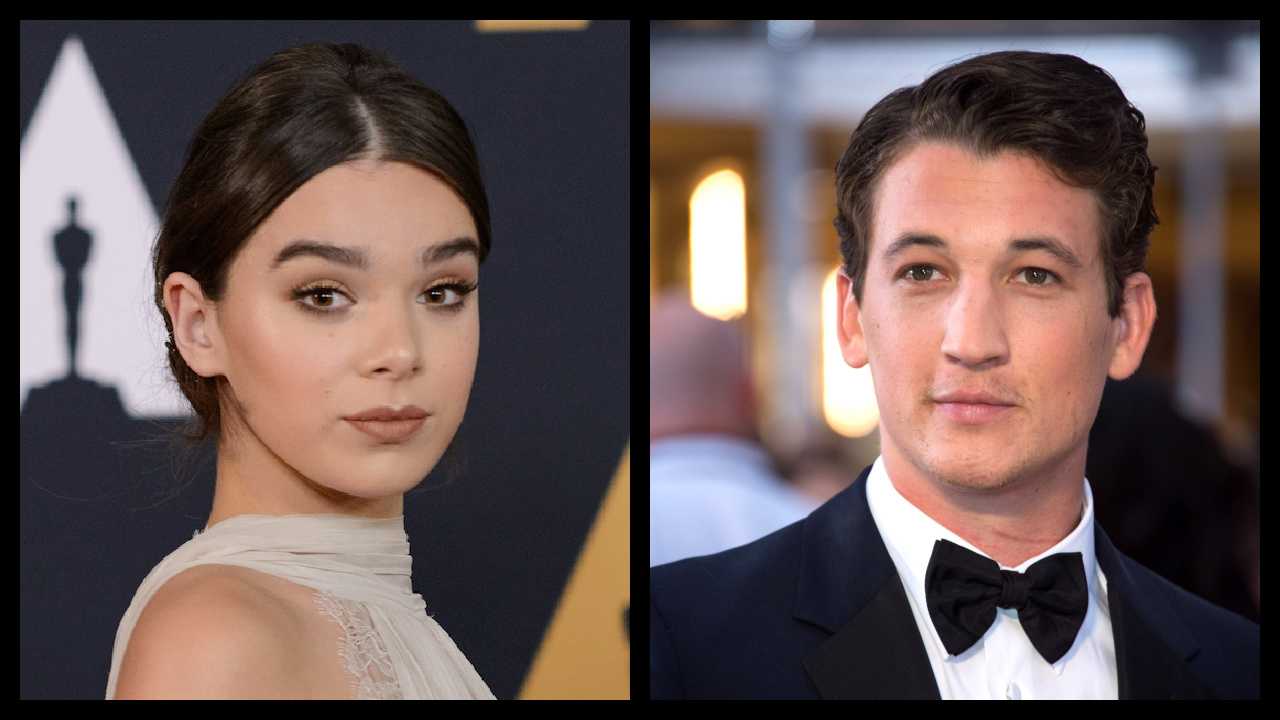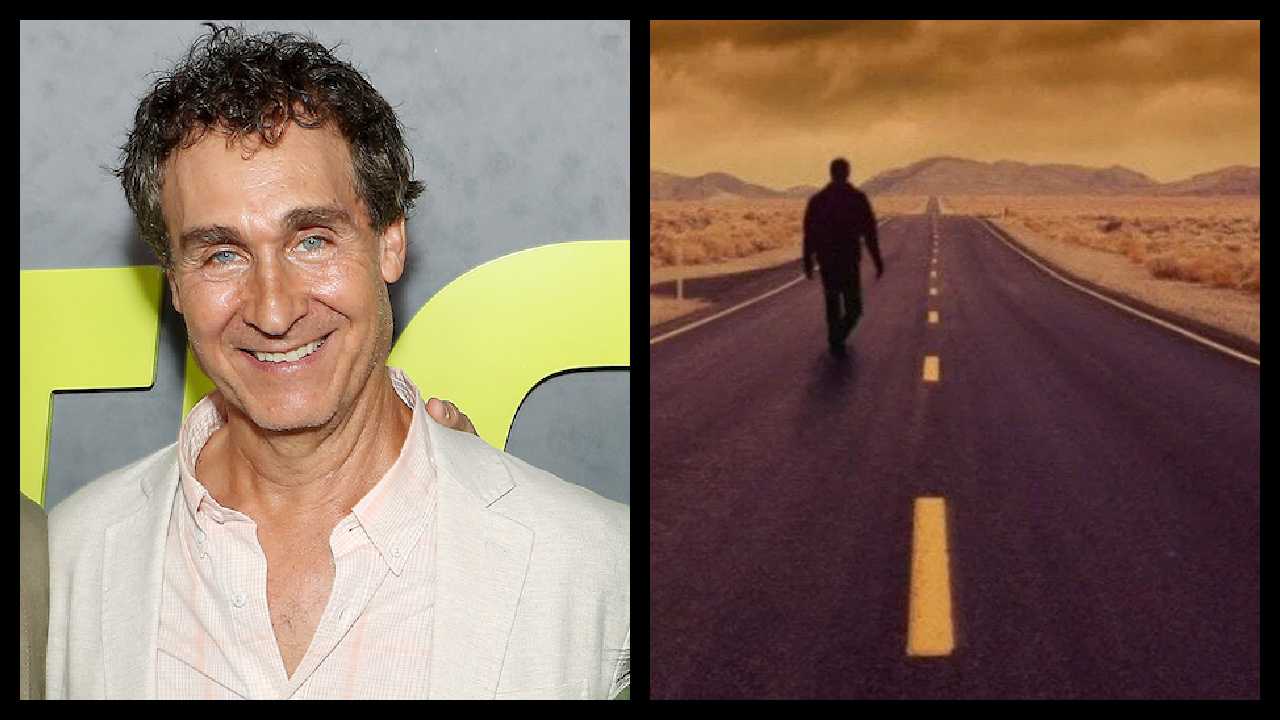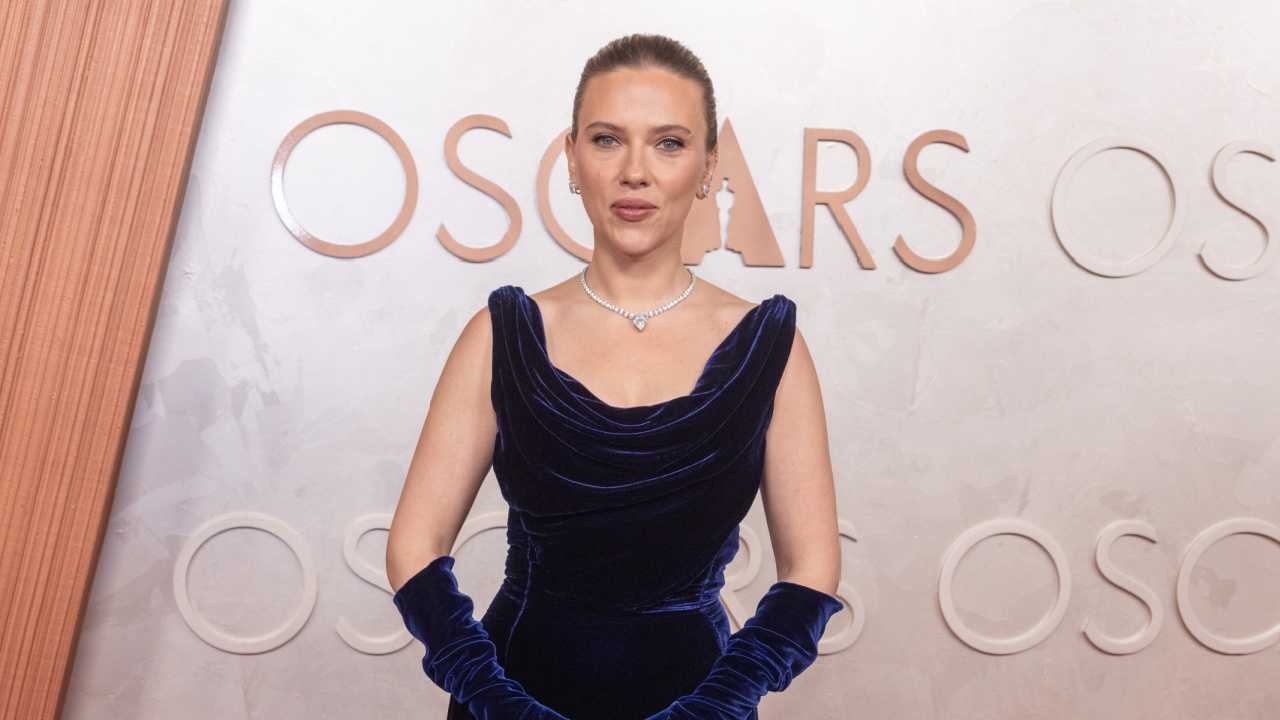'Zootopia' May Be the 'Most Easter Egg-Packed Movie Ever Made by Disney'
This weekend, "Zootopia" joins the illustrious Disney legacy of people-less, all-animal animated movies, like "Robin Hood" and "The Lion King." Directors Byron Howardand Rich Moore bring us a new take on the genre by creating a world not unlike our own, filled only with anthropomorphic animals, some of whom call the big, sprawling city of Zootopia their home. The movie tackles a number of social and emotional issues, while, at the same time, breaking new ground in computer animation.
We sat down with directors Moore and Howard to talk about the early days of "Zootopia" and the long road to becoming (potentially) one of the most important (and impactful) Disney movies to date.In early concept art, "Zootopia" seemed to have a very different look and story. Can you talk about how the movie went from space bunny adventure to animal metropolis film noir?
Byron Howard: One of the ideas was about animals in space hunting space animals. The other idea was the "The Island of Doctor Meow" that had a Roger Corman B-movie feel about a mad scientist who had a savage serum. So you see little bits of these ideas sort of floating around back then. All these ideas had anthropomorphic animals in them cause I loved "Robin Hood" growing up. John Lasseter was also a fan of that genre of Disney classic cartoons. He said, "I will fully support any movie that features animals running around in tiny clothing." He got on board and loved the idea of doing it. He really did charge us with making it different from any other animals movie before. He said, "Don't think about story, just go off and do research."
We did about seven or eight months of research. We talked to animal experts and sociologists. Experts about how cities get built and formed and then he sent us down here to Disney's Animal Kingdom and we talked to experts down here who helped us figure out animals personalities. And then finally he said, "Go to Kenya."
Kenya is amazing. He sent about 14 of us, including a lot of our leadership in different departments of the film, to Kenya. And they were all looking for something different. The animators were looking for movement and how animals' fur behaves in light, and we came back completely changed and making the film way more in-depth than when we first left. It really did change our viewpoint on what we were going to do.
Computer-generated animation has come a long, long way. In older movies, hair was more like a blob on a character's head. Now you can see the breakthroughs Disney's made, from the hair in "Tangled" to the fur in "Zootopia." It's outstanding.
Rich Moore: Our technology took a huge step forward on the movie "Big Hero 6," because they came up with this new software with a rendering system and lighting system called Hyperion. That makes it possible now to just render out an incredible amount of information per frame on our films. We now have the ability to kind of light scenes more organically, from where light sources come from. The process is sped up so much faster now, and when we're reviewing animation we're able to see it looking more like the finished frame.Speaking of "Big Hero 6," that reminds me of how Disney's movies have been doing a great job of teaching audiences important moral lessons. That movie dealt with loss, and "Zootopia" feels current in exploring the need for empathy as a theme for the characters living in this big city. Is that something you looked to bring forward?
Howard: That's a very smart question. You're actually the first one to articulate the question about empathy, which is a central part of what Judy is, I think in building who Judy [Hopps] (Ginnifer Goodwin) is as a character. I go back to the original "Superman" movie, with Christopher Reeve. What I really love about that film wasn't that he was a superhero it was that he was compassionate. That's what I think made that film work for me when I saw it when I was 10.
I saw this person who cared and wanted to make a difference in the world, who had these feelings and this desire to make people happy, and I think that's where Judy comes from, too; the fact that she sort of has this great Frank Capra-esque core but is still a flawed character that has something to learn, to mature. She does and she becomes a more whole character through this very challenging relationship that she has with this very smart fox. They're both incredibly smart characters. And the fact that she wants to do good in the world but he keeps knocking down her sort of sunny disposition in saying, "Look, it's not that easy. Things aren't like that." The fact that they actually bond over when he was a kid, he wanted the same things. That gave us very strong threads to pull on in the story, and I think that's why people really are connecting with her. I think everyone wants to make a difference throughout the world but we find it's sometimes more challenging than we anticipate.
Moore: I think that the key was letting Judy make a mistake. Letting her not be perfect, not a sterling kind of Eagle Scout of a character that never makes a mistake. The fact that if Judy, who is this pure of heart, can have such a blind spot in her life, then it can happen to anyone out of naivety. We knew that once he had Judy as a main character, we knew that we were going with the theme, it was very important to us that she not just be a cartoon character that's just a champion for everything good, but that our main character, though enlightened and progressive and thinking that she is kind of above the way that her parents think, is susceptible to these things, too.Lastly, I know you guys have fun with the Easter eggs. What do you suggest audiences keep an eye out for in "Zootopia"?
Howard: This is perhaps the most Easter egg-packed movie ever made by Disney.
Moore: Hidden Mickey-ed movie. If you like sign gags, there's tons of them all throughout. As soon as you get into the city of "Zootopia," there are sign gags. If you like silly puns, there's some and there's groaners. If you like Disney references, I think it may be the first time, maybe "Aladdin" had a few with the Genie, but we went for it because we wanted it to feel like our world. In their world, they have their version of Disney movies. Let's show 'em.
Howard: Here's one that no one knows yet. Our character designer is a big fan of Patrick Swayze's "Road House," and one of the villains wears a t-shirt that is a homage to the bar in "Road House."
Disney's "Zootopia"hits theaters Friday.
